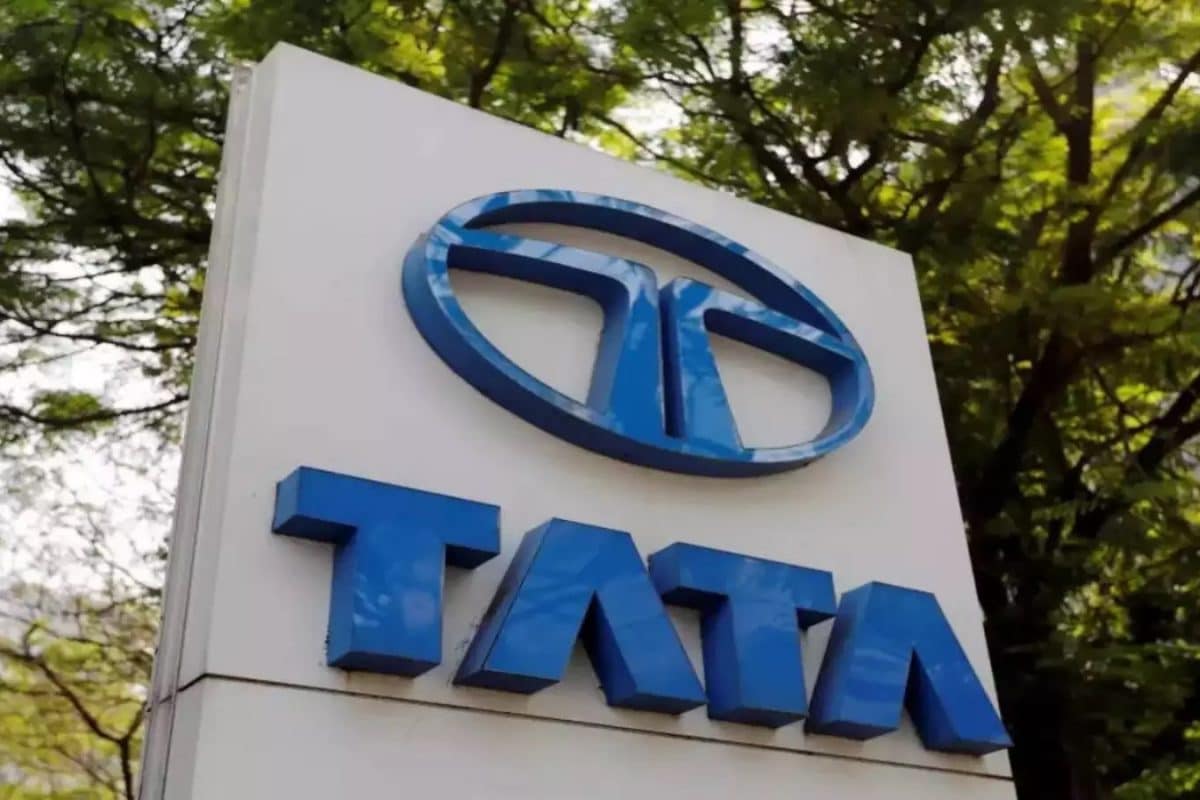

Tata Electronics is significantly scaling up its efforts to prepare for its upcoming semiconductor manufacturing operations in India by sending a substantial number of employees to Taiwan for specialized training. According to recent reports, the electronics arm of the Tata Group has dispatched "a couple of hundred" employees to Taiwan-based Powerchip Semiconductor Manufacturing Corp (PSMC), its technology partner, to receive hands-on training in the skills essential for operating its fabrication (fab) facility in Dholera, Gujarat.
This strategic move underscores Tata's commitment to bridging the talent gap and ensuring a smooth launch for its ambitious semiconductor projects. The training program is being implemented in a phased manner, as PSMC can only accommodate a limited number of trainees at a time, approximately 50 to 75 individuals. Consequently, Tata Electronics is adopting a methodical approach, hiring employees in batches of 75 and assigning them to specific operational areas such as equipment, yield engineering, process technology, and quality engineering. This structured approach ensures comprehensive training across all critical aspects of semiconductor manufacturing.
The collaboration between Tata Electronics and PSMC is pivotal to this endeavor. In September 2024, the two companies finalized a definitive agreement under which PSMC will provide design and construction support for India's first AI-enabled greenfield fab in Gujarat, license a broad portfolio of technologies, and provide engineering support to successfully transfer these technologies to the Dholera facility.
In addition to sending employees for training, Tata Electronics is also actively recruiting experienced professionals from leading global chipmakers like Intel and GlobalFoundries to strengthen its leadership team. This dual approach of training less experienced employees and hiring seasoned experts demonstrates Tata's commitment to building a robust and capable workforce for its semiconductor ventures.
The Dholera fab is a massive undertaking, with an initial investment of INR 91,000 crore (approximately $11 billion). It is expected to have a manufacturing capacity of up to 50,000 wafers per month and generate over 20,000 direct and indirect skilled jobs in the region. The facility will manufacture chips for various applications, including power management ICs, display drivers, microcontrollers (MCUs), and high-performance computing logic, catering to the growing demand in sectors such as automotive, computing, data storage, wireless communication, and artificial intelligence.
Union Minister for Electronics and Information Technology, Ashwani Vaishnaw, stated at the groundbreaking ceremony in March 2024 that the Dholera facility is expected to produce its first chip by December 2026. This timeline aligns with the expected operationalization of Tata's OSAT (Outsourced Semiconductor Assembly and Test) facility in Assam by mid-2025.
Tata's proactive approach to talent development and strategic partnerships highlights its determination to establish a significant presence in the semiconductor industry and contribute to India's technological self-sufficiency. By investing in training and attracting experienced professionals, Tata Electronics is laying a strong foundation for its semiconductor manufacturing operations and paving the way for future growth and innovation in the sector.